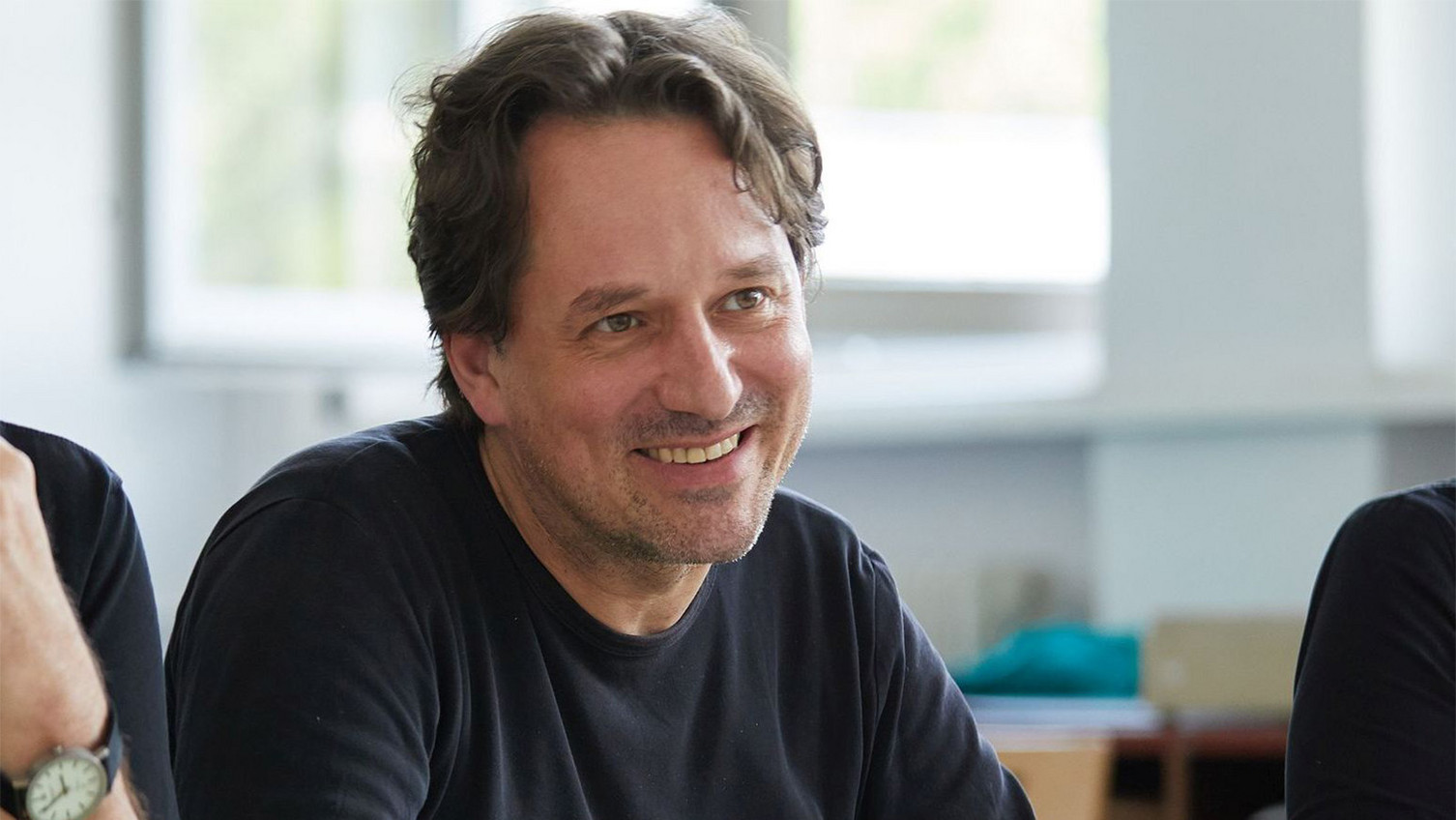Arts and Cultural Management: Cooperation with Goethe-Institut extended
2022-05-24 The successful part-time master's program Arts and Cultural Management will run for at least another six years. "Cultural practitioners need business know-how to assess the success and feasibility of their projects," says Dr. Wolf Iro, head of the Goethe-Institut's cultural department.
- Dr. Iro, the cooperation with Leuphana Professional School is entering its second round. What spoke in favor of extending the Arts and Cultural Management master's program?
Well, first of all: together with Leuphana, we have developed an interesting and relevant degree program. The cooperation is very successful - in 2020 we even had a double cohort. The high number of applicants speaks for the attractiveness of the program worldwide: our students come from all five continents. The program, which is designed as a distance learning program, makes this possible. But we have not only extended the program, we have also adapted it to current changes. The Corona pandemic has created changed horizons of experience in terms of digitality. That's why we've added the module "Culture and Digitality" to the curriculum. Students learn how culture can best be implemented in the digital space and what that means for their own work. This is a pressing issue for many cultural professionals right now.
- Why are management skills important for cultural workers, and what other topics play a role?
Market analyses may not be very artistic, but they can also be helpful for art and culture. Cultural workers need certain economic know-how to assess the success and feasibility of their projects. For example, there is the issue of financing through fundraising or grant programs. Another topic: sustainability. That, too, is not artistic per se. But it's not enough as cultural practitioners to call for compliance with climate targets. Culture must also make its own contribution, for example through slow touring or green film productions. In addition, there are social issues such as dealing with postcoloniality or the empowerment of marginalized groups. These topics are also addressed and taught in the Master Arts and Cultural Management.
- What is the focus of the Goethe-Institut's cooperation?
The Goethe-Institut is not an academic institution, but an interface with practice. We work worldwide with many local partners from culture, civil society, but also universities. We address this entire network with the study program and bring it in. Many actors from the local projects study the Master Arts and Cultural Management. At the same time, some of the projects we carry out are also part of the course content in the form of concrete case studies. The cooperation with Leuphana University is excellent, and the program is a win-win project in the best sense.
Dr. Wolf Iro studied Comparative Literature at Cambridge and Slavic Studies at Oxford and Moscow. He received his doctorate from the LMU Munich on the work of the Russian-Jewish writer Isaak Babel. He has been with the Goethe-Institut since 2004. He worked as head of regional program work in Moscow from 2009 to early 2014, after which he was institute director in Israel. Today, he heads the cultural department of the Goethe-Institut; there, the in-service Master Arts and Cultural Management, is supervised by the Goethe-Institut.

